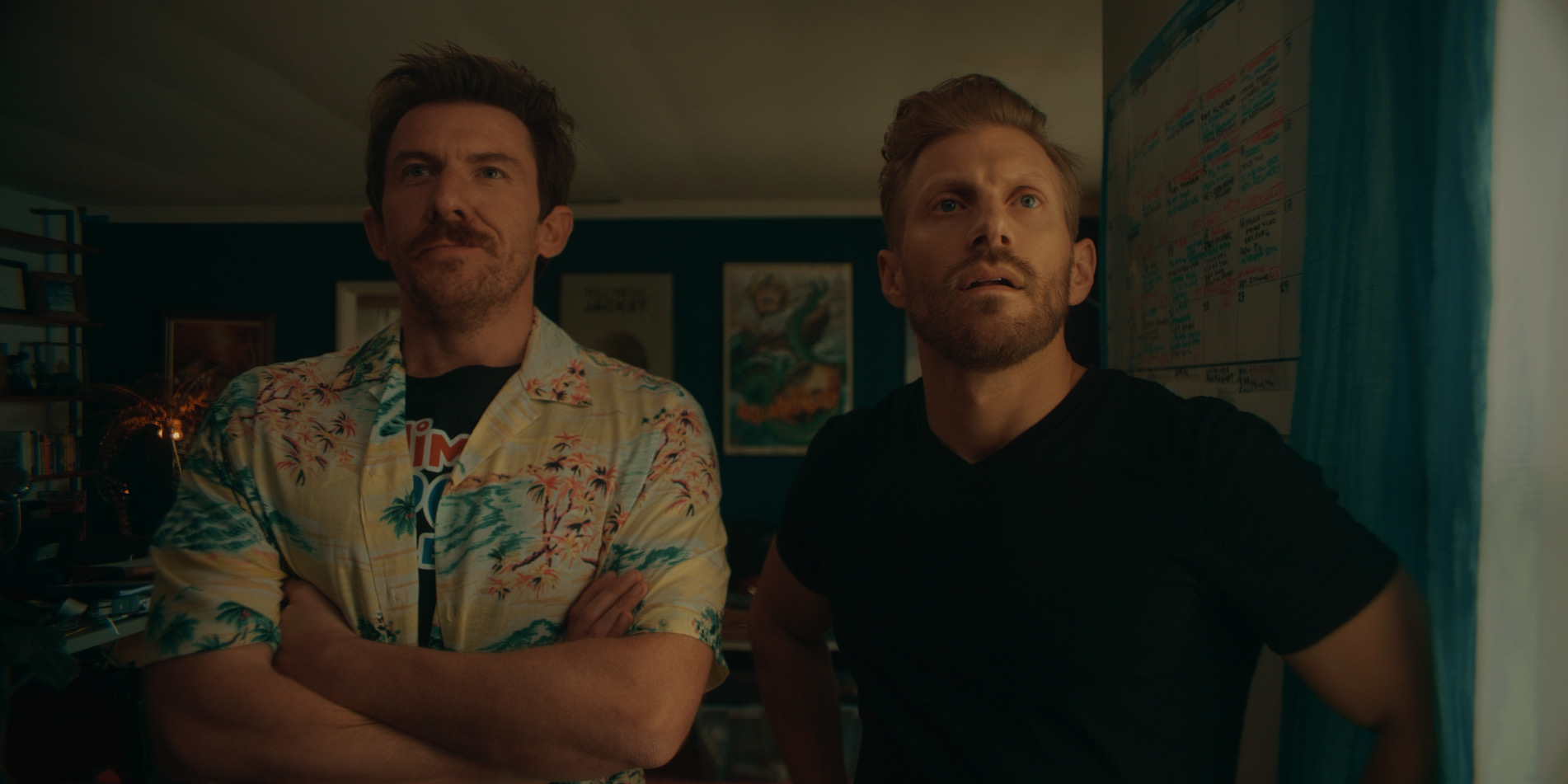The Trial of the Chicago 7
by Hope Madden
Oscar winning, much beloved and frequently frustrating writer Aaron Sorkin first ducked behind the camera for the clever if overwritten 2017 indulgence Molly’s Game.
A courtroom drama (very Sorkin) about celebrity tabloid fodder (less Sorkin-like), the film seemed an odd match for the filmmaker. He’s found a much more comfortable focus in his follow up, the tale of eight defendants, their counsel, prosecution, and a corrupt establishment: The Trial of the Chicago 7.
Chicago 7 artfully and urgently recreates the scene of the federal court hearing against eight defendants alleged to have conspired to incite the infamous riot at the 1968 Democratic National Convention in Chicago.
The film rings with historical significance as well as disheartening immediacy. It is another courtroom drama, this one benefitting from surprising restraint, as well as Sorkin’s deep well of passion for the subjects of legal processes and liberalism. Like Ave DuVernay’s 2014 masterpiece Selma, Sorkin’s new film details the past to show us the present.
He’s assembled a remarkable ensemble, each actor leaving an impression though none gets an abundance of screen time. Yahya Abdul-Mateen II is a blistering Bobby Seale while Frank Langella is infuriatingly believable as Judge Julius Hoffman. Eddie Redmayne, Joseph Gordon-Levitt and Mark Rylance are all also excellent, as you might expect.
Jeremy Strong and Sacha Baron Cohen share a comfortable, enjoyable chemistry as Jerry Rubin and Abbie Hoffman, respectively. Both appear in the film, as they did in life, as the wise-cracking comic relief in the room, but Cohen’s turn is thoughtful, wise, and slightly tragic. He’s obviously a talent, but this may be the first time we’ve seen the magnitude of his acting prowess.
An alarmingly relevant look at the power of due process, free speech, and justice, Chicago 7 is catapulted by more than the self-righteousness that sometimes weights down Sorkin’s writing. This is outrage, even anger, as well as an urgent optimism about the possibilities in human nature and democracy.
If I may quote my own review of Molly’s Game and my take on Sorkin as a filmmaker:
His are dialogue-driven character pieces where brilliant people throw intellectual and moral challenges at one another while the audience wonders whether the damaged protagonist’s moral compass can still find true north.
Still the case. But with Chicago 7, Sorkin’s struck a balance. He’s found a story and convened a cast that demand and receive his very best, because The Trial of the Chicago 7 is a story about today, this minute.














